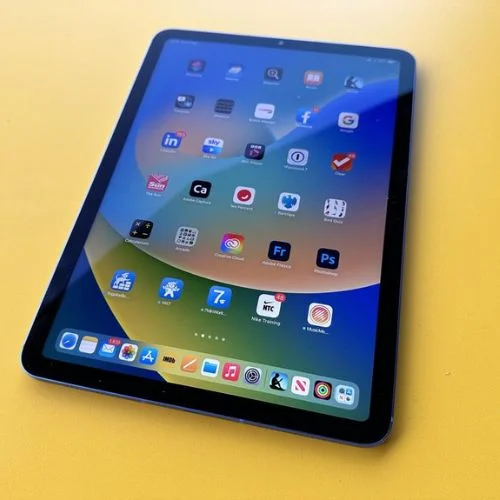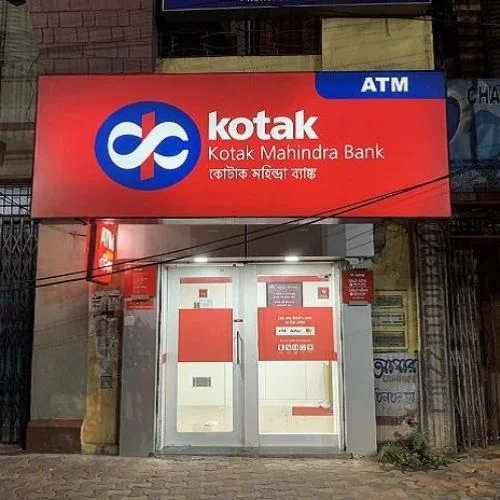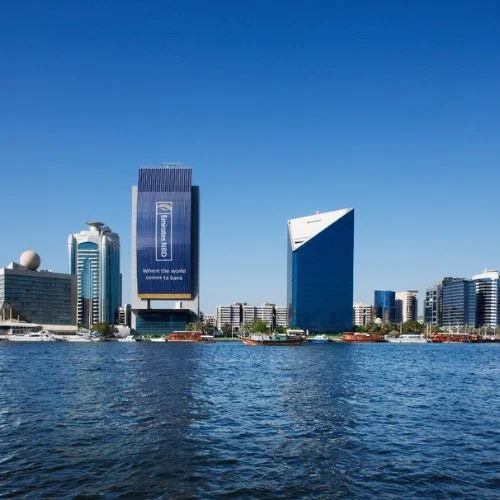Stressing on the importance of the division at the Walmart-owned company, Smrithi Ravichandran, head of grocery business at Flipkart, said grocery was “really needed” for Flipkart to enter the homes in Tier 2 and Tier 3 cities. Ravichandran added that the Indian consumers’ household wallet spend on groceries increases as one goes deeper into the smaller cities. She highlighted that without having a decisive play in the grocery vertical, Flipkart would not be able to remain a leader of e-commerce in the future.
Flipkart Grocery, which made inroads in about 1,800 Indian towns in December 2021, has already seen the demand from non-metros match the demand from all metro cities put together despite several teething issues, Smrithi Ravichandran, head of grocery business at Flipkart, said.
Stressing on the importance of the division at the Walmart-owned company, she said grocery was “really needed” for Flipkart to enter the homes in Tier 2 and Tier 3 cities. Ravichandran added that the Indian consumers’ household wallet spend on groceries increases as one goes deeper into the smaller cities. She highlighted that without having a decisive play in the grocery vertical, Flipkart would not be able to remain a leader of e-commerce in the future. The idea with this category, she said, was to get consumers to transact every month and not just once in six months or once a year.
Providing access to more fast moving consumer goods (FMCG) has been key to Flipkart’s growth in the segment, she added. “Flipkart goes in with a selection of about 4,000 products while the nearby shops offer anywhere between 400 and 500 stock keeping units (SKUs). For instance, consumers can only buy smaller detergent packs at stores but with Flipkart they’re able to pick larger packets which turn out to be much cheaper on a per unit basis,” she said.
Flipkart Grocery was present in four to five cities in October 2020 and has now grown to cater to 1,800 towns, and Ravichandran hopes to broadly maintain the same pace of growth. It presently delivers to 10,000 pin codes and it has plans to reach 20,000 pin codes in the coming years.
Beside huge fulfilment centres for groceries, the e-commerce company also operates dark stores in five cities, and claims to be the first movers in that space. At Flipkart, these stores are spread over 3,000-4,000 sq feet, larger than what most new-age quick commerce companies typically have nowadays. The company also stores mobile phones, t-shirts and other things which are delivered to customers within 45 minutes in select cities. Dark stores generally ship products in those categories and grocery accounts for just about 20-30% of the total SKUs, Ravichandran added.
The company is adding new dark warehouses every week but isn’t going overboard since its taking a “cautiously optimistic approach” in that area, she added. Deliveries from these dark stores happen in about 30-45 minutes, already down from about 90 minutes it took initially. Ravichandran believes those delivery times are far more sustainable than the 10-minute rush.
The e-commerce giant will soon operate dark stores in Chennai with an aim to deliver groceries and more in about 45-60 minutes, Ravichandran concluded.















